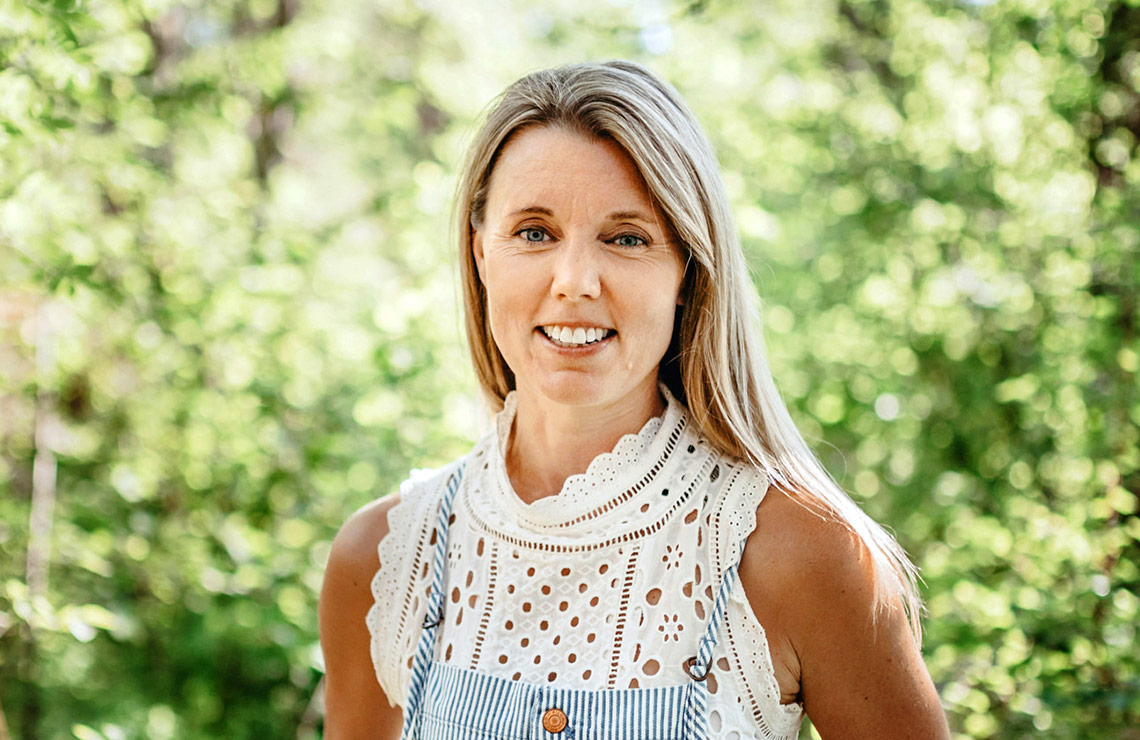
This text is based on a conversation between Anne Helene Petersen and Schibsted's former Head of People and Communication, Mette Krogsrud, at Bergen's Media Days 2022.
“People don't want to be obligated to go to the office”
After the pandemic, the hybrid model has been adopted in many offices. But how it affects work and how to apply it is still unclear. American writer and journalist Anne Helen Petersen is certain – it’s not a quick fix.
“This is hard work. Sometimes people think we’re going to come up with a quick policy on hybrid work. But we are fundamentally changing the way that we work. It’s going to be hard and it’s going to require continued work,” says Anne Helen Petersen.
She has focused a lot on how we work. She was working as a senior culture writer and correspondent for Buzzfeed when she started to take an interest in the subject. Along with her partner, she wrote the book Out of Office: The big problem and bigger promise of working from home, published in 2021, and today she has her own a newsletter, called Culture Study.
Benefits and drawbacks
When the pandemic hit Ann Helen already had been working from home for several years. She moved from New York to the rural state of Montana to work more on stories about work.
“I experienced a lot of the benefits, which included being able to go for a run at 1 p.m. just because I wanted to. I also experienced a lot of the drawbacks, such as the ability to work almost all the time.”
Now, as we have formed new habits again, the question is if the future will stay flexible.
Data collected by Slack, from surveys with more than 10,000 respondents across ten countries, shows that people working in flexible scenarios or in fully remote scenarios have a greater sense of belonging.
“This is the opposite of what most people would assume. People think that when you’re at the office you feel more of a sense of belonging with your co-workers,” says Anne Helen.
Communication crucial
Other numbers from Slack show that employees who perceived their companies to be good at communicating about why and when to come back into the office have twelve times higher job satisfaction than those who don’t feel that their companies are transparent about it.
“To me, this means that transparent companies are cultivating much healthier office cultures.”
Overall, Anne Helen is convinced that most people want a mix.
“They want to have the office as a source of collaboration and community. It’s a place to go to that can add structure to your day and your week. But people don’t want to be obligated to go when they don’t want to and when it’s not necessary.”
Those are also the indications from within Schibsted. Internal surveys show that 75% of the employees prefer to work in a hybrid or fully remote model. But there are some challenges. Globally, many managers are pushing back on remote work. Schibsted’s statistics indicate the same – managers are slightly less fond of the idea. But Anne Helen doesn’t think it’s because they don’t like it.
A presense bias
“Many leaders’ way of doing their job is really based on meeting other people. There is a managing style that I call “walking around” – they understand if someone is doing a good job by actually seeing them and starting a conversation.”
This is what she believes will lead to one of the drawbacks and what she calls “presentism”. A presence bias that means that the people who are present in the office all the time are the ones who get elevated within the organisation.
“In the US, there’s a real preference for the men to be in the office, so the fear is that we are going to take a lot of steps back in terms of gender equity and leadership.”
But once we do meet in the office, how do we spend that time? Anne Helen believes that we will see a larger understanding of being with one another, like when going to a conference, being with a larger group of people and cross-pollinating ideas. And on the smaller team level, we’re going to see more concentrated retreats – where teams socialise but also do planning and get close collaboration work done.
“To bring in people to plan and brainstorm and then go out and do the work is smart, especially if you are a distributed team.”

Ann Axelsson
Senior Project Manager, Strategic Communication
Years in Schibsted: 24